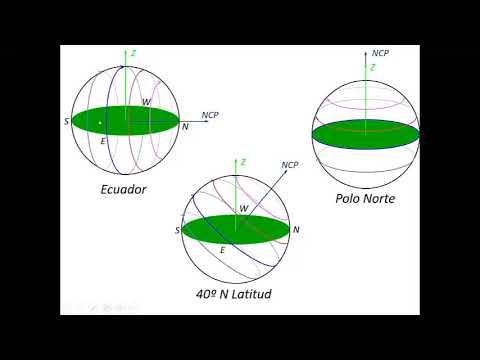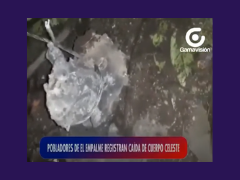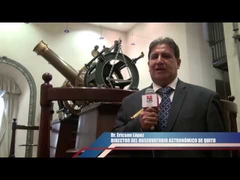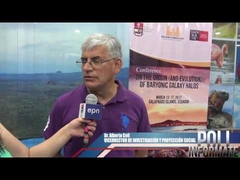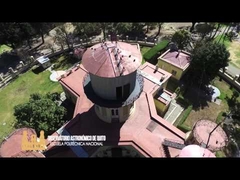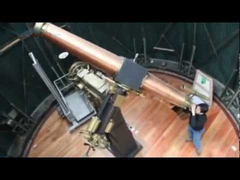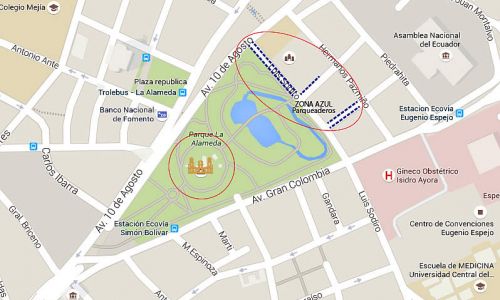The Fast X-ray Transient XRT 210423 and its Host Galaxy
AUTORES:D. Eappachen, P.G. Jonker, A.J. Levan, J. Quirola-Vasquez, M.A.P. Torres, F.E. Bauer, V.S. Dhillon, T. Marsh, S.P. Littlefair, M.E. Ravasio, M. Fraser
abstract

Fast X-ray Transients (FXTs) are X-ray flares with a duration ranging from a few hundred seconds to a few hours. Possible origins include the tidal disruption of a white dwarf by an intermediate-mass black hole, a supernova shock breakout, and a binary neutron star merger. We present the X-ray light curve and spectrum, and deep optical imaging of the FXT XRT 210423, which has been suggested to be powered by a magnetar produced in a binary neutron star merger. Our Very Large Telescope (VLT) and Gran Telescopio Canarias (GTC) observations began on May 6, 2021, thirteen days after the onset of the flare. No transient optical counterpart is found in the 1'' (3σ) X-ray uncertainty region of the source to a depth gs=27.0 AB mag. A candidate host lies within the 1'' X-ray uncertainty region with a magnitude of 25.9±0.1 in the GTC/HiPERCAM gs-filter. Due to its faintness, it was not detected in other bands, precluding a photometric redshift determination.We detect two additional candidate host galaxies; one with zspec=1.5082±0.0001 and an offset of 4.2±1'' (37±9 kpc) from the FXT and another one with zphot=1.04+0.22-0.14, at an offset of 3.6±1'' (30±8 kpc). Based on the properties of all the prospective hosts we favour a binary neutron star merger, as previously suggested in the literature, as explanation for XRT 210423.



